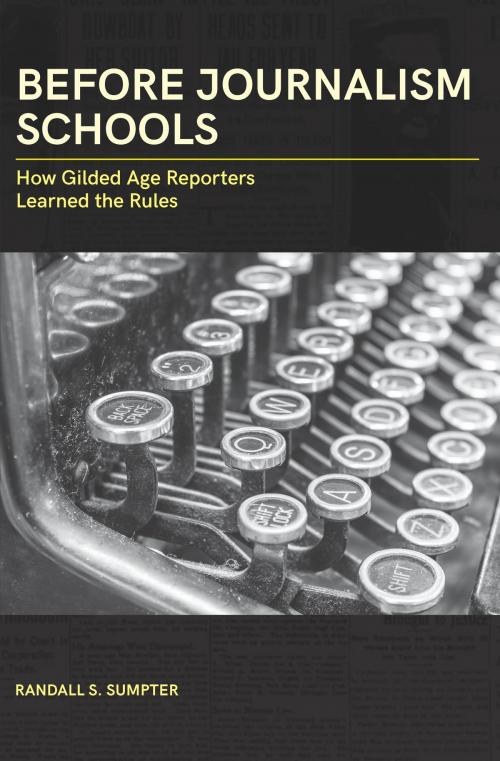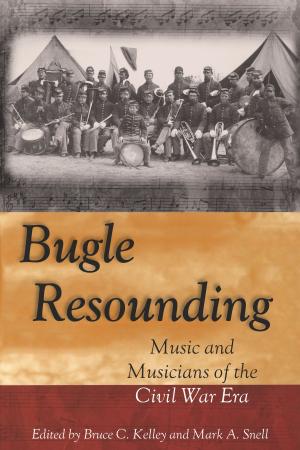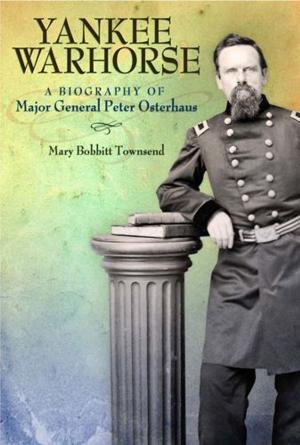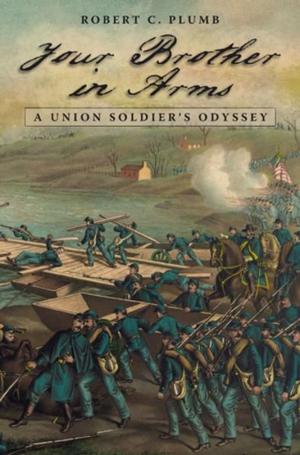Before Journalism Schools
How Gilded Age Reporters Learned the Rules
Nonfiction, Reference & Language, Language Arts, Journalism| Author: | Randall S. Sumpter | ISBN: | 9780826274083 |
| Publisher: | University of Missouri Press | Publication: | June 29, 2018 |
| Imprint: | University of Missouri | Language: | English |
| Author: | Randall S. Sumpter |
| ISBN: | 9780826274083 |
| Publisher: | University of Missouri Press |
| Publication: | June 29, 2018 |
| Imprint: | University of Missouri |
| Language: | English |
Randall Sumpter questions the dominant notion that reporters entering the field in the late nineteenth century relied on an informal apprenticeship system to learn the rules of journalism. Drawing from the experiences of more than fifty reporters, he argues that cub reporters could and did access multiple sources of instruction, including autobiographies and memoirs of journalists, fiction, guidebooks, and trade magazines. Arguments for “professional journalism” did not resonate with the workaday journalists examined here. These news workers were more concerned with following a personal rather than a professional code of ethics, and implemented their own work rules. Some of those rules governed “delinquent” behavior. While scholars have traced some of the connections between beginning journalists and learning opportunities, Sumpter shows that much more can be discovered, with implications for understanding the development of journalistic professionalism and present-day instances of journalistic behavior.
Randall Sumpter questions the dominant notion that reporters entering the field in the late nineteenth century relied on an informal apprenticeship system to learn the rules of journalism. Drawing from the experiences of more than fifty reporters, he argues that cub reporters could and did access multiple sources of instruction, including autobiographies and memoirs of journalists, fiction, guidebooks, and trade magazines. Arguments for “professional journalism” did not resonate with the workaday journalists examined here. These news workers were more concerned with following a personal rather than a professional code of ethics, and implemented their own work rules. Some of those rules governed “delinquent” behavior. While scholars have traced some of the connections between beginning journalists and learning opportunities, Sumpter shows that much more can be discovered, with implications for understanding the development of journalistic professionalism and present-day instances of journalistic behavior.















